For the Rev. Becky Shirley, the sound of her dementia-suffering mother’s voice singing “The Old Rugged Cross” was a miracle.
“My mother is 93 years old,” said Shirley, senior pastor at Washington Street United Methodist Church in Columbia, South Carolina. “She’s been living with me for maybe six years, and she has not been to worship service in the last three years, and she used to be a director of Christian education.”
Ann Joyner, Shirley’s mom, attended Washington Street’s first service designed for people with dementia on Jan. 18, titled The WELL (for Worship, Encouragement, Laughter and Love).
During the service, Joyner heard the pianist playing the hymn and unexpectedly started singing along. She has lost much of her memory, but not that.
“And tears just went in my eyes,” Shirley said. “I was like, ‘Oh my gosh, it’s really touching her spirit.’
Your tax-deductible gift helps our journalists report the truth and hold Christian leaders and organizations accountable. Give a gift of $30 or more to The Roys Report this month, and you will receive a copy of “Hurt and Healed by the Church” by Ryan George. To donate, click here.
“Then a couple other people heard her singing and started singing with her. … The rest of the day, (Joyner’s) attitude was so much better. It really stayed with her, so I do have high hopes that it will do the same for other persons like my mom, and for their care partners.”
The WELL service is held on the third Thursday of each month at Washington Street. It’s open to all, and in addition to dementia patients, it has drawn some folks with autism and other conditions. Lasting 30 minutes to accommodate short attention spans, the service includes a story about Jesus and Holy Communion.
“I was delighted to be present for the inaugural worship service at Washington Street as members of the congregation graciously welcomed persons living with dementia, acknowledging them as persons with inherent worth and dignity with continuing spiritual needs and gifts,” said retired Bishop Kenneth L. Carder, who wrote a study series and a book about ministry to people with dementia after caring for his late wife, Linda, who was stricken with it.
“The service appropriately and sensitively aimed at our hearts more than brains and, thereby, sparked memories and feelings expressed to God in praise and prayer,” he added. “Such services have the potential to transform and renew congregations, for God comes to us uniquely and powerfully through the vulnerable, ‘the least of these.’”
The monthly service is just one way United Methodists are addressing the rising tide of Alzheimer’s disease and dementia. And more outreach will likely come, considering 6.5 million Americans ages 65 and older were living with Alzheimer’s disease or dementia in 2022, according to the Alzheimer’s Association.
A 2022 report by the association states that the incidence rate of Alzheimer’s — the number of people per 100,000 who newly develop this condition per year — appears to be declining. The report attributes the decline to improvements over the 20th century in Alzheimer’s risk factors, such as hypertension and low educational attainment.
“However, even with this potentially lower incidence rate, the number of people with Alzheimer’s is expected to continue growing because of an increase in the number of adults age 65 and over, the age group that is at increased risk of Alzheimer’s,” the report said.
Respite for All, which provides a few hours of care for dementia sufferers while caretakers take a break, has launched 36 programs in 11 states after starting at First United Methodist Church in Montgomery, Alabama.
“It’s not really daycare,” said retired Bishop Lawson Bryan, who was the pastor at First United when Respite for All began, founded by church member Daphne Johnston.
“It’s art therapy, pet therapy, music therapy,” Bryan said. “And now she’s added mission projects, so that they do service for the community.”
There’s also a 65-voice choir of people with dementia, the Side by Side Singers.
“It’s what these people are capable of doing right now,” Bryan said.
Being a part of a Respite for All afternoon can be “joyful,” he added.
“The remarkable thing is how people living with dementia teach us that the image of God is beyond our cognitive abilities, and that the possibility of great joy is very much a reality in their lives.”
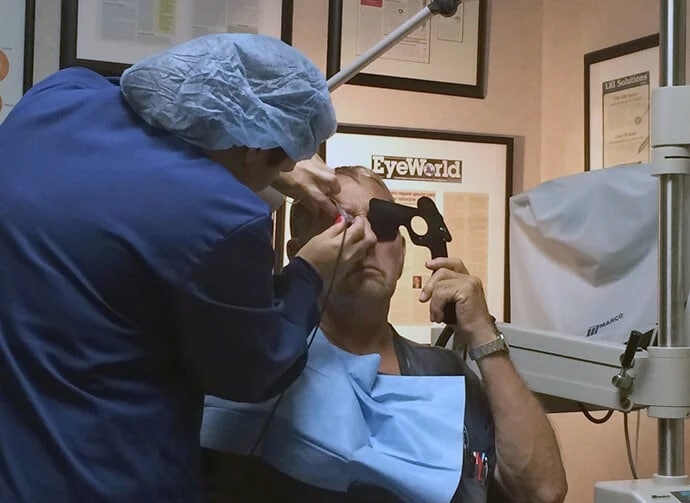
Tracy Keibler, a member of Normandale Hylands United Methodist Church in Bloomington, Minnesota, founded the nonprofit START Senior Solutions in Eden Prairie, Minnesota. START Senior Solutions trains family, friends and members of groups — particularly churches — to safely and comfortably serve as short-term companion visitors who can support primary caregivers.
Keibler approves of The WELL church services being held in South Carolina at Washington Street.
“I love that idea,” she said. “(Services for dementia patients) tend to be more fun and upbeat than a traditional service, but not quite as raucous as a contemporary service. It is just so fun to listen when someone living with dementia can pull out all the words to ‘What a Friend We Have in Jesus’ or some of the more standard hymns.”
START Senior Solutions has worked with about 1,000 clients in the past year, she said.
“We started in a church,” she said. “The church couldn’t sustain the program, so I started this 501(c)(3) years ago. Our first donor gave $20,000 a year for three years. Our budget now is $600,000.”
Working with dementia patients is “extraordinarily difficult,” Keibler said.
“We expected volunteers from the church would volunteer, and then we would train and assign them to where they would go,” she said. “And we got zero response to that program.”
The people who were interested wanted the training so they could help family or friends they already knew.
“I was perfectly happy with that, because that meant in my church, families were being supported by other members of the congregation.”
Churches owe care for their faithful members who get dementia or Alzheimer’s disease, Bryan said. Goals of luring young people to church shouldn’t go so far as to prevent that.
“What are we going to offer to those that have been the most faithful among us, when they begin to get a little dementia?” he asked. “Do they not get to be part of their church anymore? They did everything we asked them to do, and now we don’t have a place for them?”
Bryan insists that caring for people with memory issues can be a key to church vitality.
“Once church members learn it’s about asking what needs to happen in our community, then they can go on to lots of other issues that need to be addressed,” he said. “So it doesn’t limit us to dementia. It becomes a laboratory for church vitality.”
This article originally appeared at UM News.
Jim Patterson is a UM News reporter in Nashville, Tennessee.




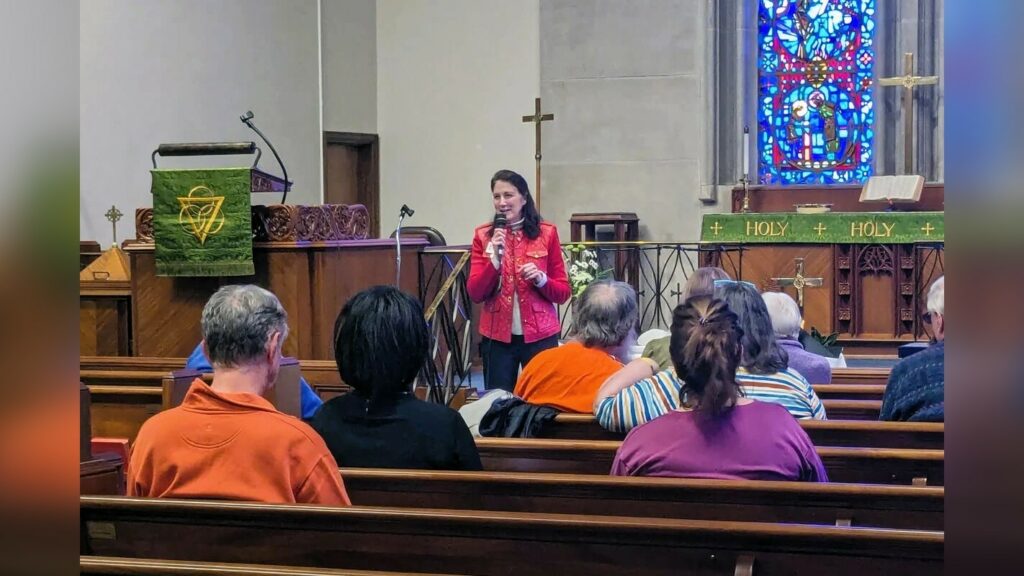


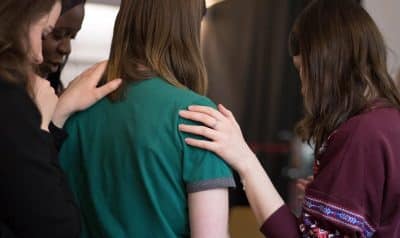

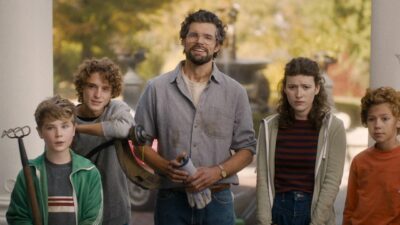
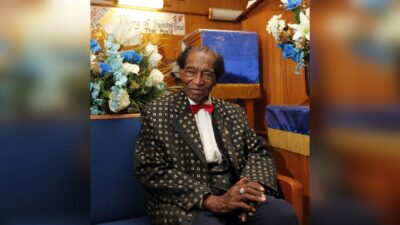
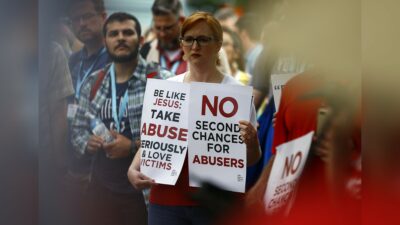

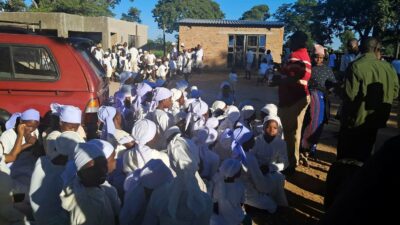






2 Responses
What a wonderful idea. This should be available in LTC facilities. My mother had dementia for 15 years-across the country from me-and every day for me was like she died all over at as in. I didn’t know about anticipatory grief. For many years I worked with people with dementia as an activity director and later a Horticultural Therapist. I developed the first Horticultural ther as my program at one of the top 10 botanical gardens in the US. It’s a terrible disease!
PTSD and Complex-PTSD sufferers could benefit greatly from church services such as these.
I know this from personal experience. I have C-PTSD and I have never attended a service that is consciously designed to cater to or comfort people like me.
Occasionally something in a service touches my heart and comforts my pain, but when that’s happened it’s been by God’s grace, rather than because the service leaders have emotional intelligence.